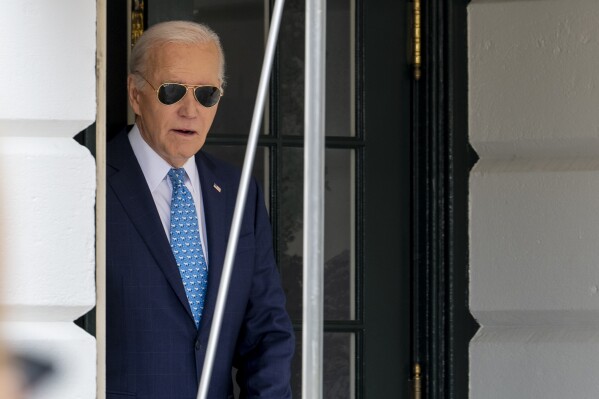Russia's War-Time Economy on Track to Outpace US Growth
The International Monetary Fund's (IMF) forecast that Russia's economy will expand more quickly than the U.S. this year and faster than previously predicted three months ago has raised questions over the effectiveness of sanctions.
The IMF has said that Russia's economy will grow by 2.6 percent in 2024, —more than double the 1.1 percent growth in gross domestic product (GDP) it made in October. By comparison, the U.S. economy will grow by only 2.1 percent this year, according to IMF figures. The Russian upgrade is the largest for any economy featured in an update to the fund's World Economic Outlook, released on Tuesday.
It paints a rosier picture of Russia's economy than the Russian Central Bank forecast in November that GDP would rise only between 0.5 and 1.5 percent. The more bullish Economic Development Ministry predicted a rise of 2.3 percent this year, The Financial Times reported. In January, the World Bank predicted growth in Russia of 1.3 percent in 2024 and 0.9 percent in 2025.
"The IMF's announcement that Russia's economy will grow faster than previously predicted and that Western sanctions will not lead to the total collapse of the economy should not surprise us," Grzegorz Drozdz, market analyst at Invest.Conotoxia.com, said.
"Russia's exports, despite some decline after the commodity boom, continue to hover around their multi-year average nominal value," he told Newsweek.
"The gradual weakening of the ruble seems to be having a positive effect on the economy that has regularly shown a positive balance of trade since the beginning of the century."
U.S.-led sanctions on Russia aimed to isolate it from the world economy included freezing $300 billion in central bank assets and trying to target its main exports of oil and gas.
In response, Moscow has tried to pivot away from the West, dividing the world into "friendly" and "non-friendly" countries, offering discounts for the former for its energy exports which have benefited China and India.
"The sanctions have probably caused the most problems for Europe, not to Russia. Western countries have significantly lost access to a cheap energy source such as gas and oil," Drozdz added.
However, the IMF has said there are some caveats to its prediction. Its chief economist told the FT that they were "somewhat preliminary" as it tries to verify Russian statistics.
Agathe Demarais, senior policy fellow on geoeconomics at the European Council on Foreign Relations (ECFR) has argued that the Kremlin's figures about the Russian economy's health "cannot be trusted" writing in the publication Foreign Policy in March 2023 that statistics a central part of its information war.
Meanwhile, Gourinchas told the FT the Russian economy is "definitely...doing better than we were expecting, "partially down to the stimulus of the war economy and strong commodity prices. However, long term growth potential was lower than it was before Putin's full-scale invasion."
The World Bank said last month that Russia's output had expanded by an estimated 2.6 percent in 2023 but this "stronger than expected recovery was fueled by substantial fiscal support, including additional military spending." Moscow plans to allocate almost a third of the increased budget spending in 2024 to defense to fund the war it started in Ukraine.
However, Russian Central Bank Governor Elvira Nabiullina has warned of the dangers of an overheating economy and that the Russian government is fueling inflation by subsidizing more and more borrowing.
"If you try to drive faster than the car's design allows...then the engine will overheat sooner or later and we won't get far," she said in December.
Newsweek has contacted Russia's finance ministry by email for comment.
Disclaimer: The copyright of this article belongs to the original author. Reposting this article is solely for the purpose of information dissemination and does not constitute any investment advice. If there is any infringement, please contact us immediately. We will make corrections or deletions as necessary. Thank you.


